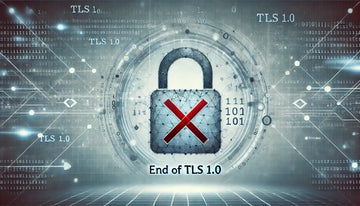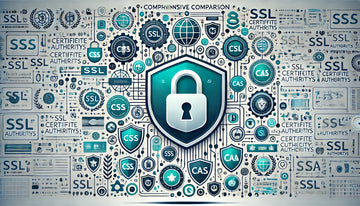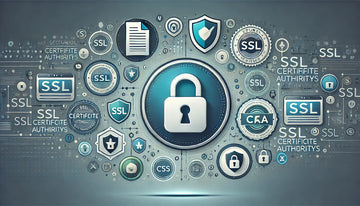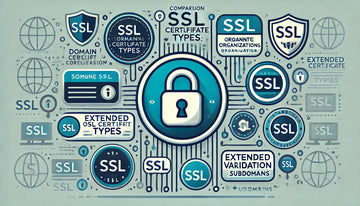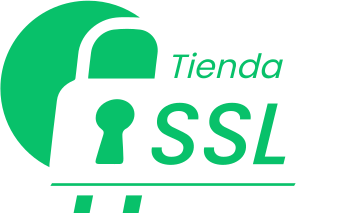The protection of personal data is a growing concern in the current digital age. Users often rely on sensitive information to the websites they visit, from login details to credit card details. The security of this data is essential, both to ensure the privacy of users and to comply with privacy regulations, as well as the General Data Protection Regulation (GDPR) in Europe. One of the key tools to ensure this security is the SSL (Secure Sockets Layer) protocol. In this article, we will explore how SSL helps protect users' privacy and comply with privacy regulations, such as GDPR.
The Importance of Personal Data Protection
Privacy of personal data is a fundamental right. Users entrust companies with a variety of personal information, such as names, addresses, phone numbers and financial data. Loss or unauthorized access to this data can have serious consequences, including identity theft and fraud.
In addition to the moral and ethical importance of protecting users' privacy, there are legal regulations that require specific measures to ensure the security of personal data. One of the most influential standards in this regard is GDPR, which sets strict standards for the protection of personal data in the European Union.
SSL: How It Works and What Is Essential
SSL, or Secure Sockets Layer, is a security protocol that guarantees the security of communication between the user's browser and the web server. Through data encryption, SSL protects the information transmitted, making it unreadable for anyone who tries to intercept it. Let's see how SSL works and why it is essential for personal data protection:
- Data Encryption: When a user visits an SSL-protected website, communication between your browser and the server is encrypted. This means that any information transmitted, such as passwords, credit card numbers or private messages, becomes an unreadable code for anyone who tries to access it without authorization.
- Server Authentication: SSL also verifies the identity of the web server to which the user is being connected. This prevents users from being victims of identity sungging or phishing attacks, where attackers pose as legitimate sites.
- Data Integrity: SSL ensures that the data transmitted between the user and the server are not modified or altered during the transfer. Any attempt to alter the data will be detected and considered a security threat.
How SSL Protects Users' Privacy
Protecting users' privacy is critical to SSL, and here's how SSL achieves this:
- Sensitive Data Encryption: Sensitive information, such as passwords, credit card numbers and personal data, is encrypted before being transmitted. This means that even if someone intercepts communication, they will not be able to decrypt the data without the right key.
- Data Interception protection: SSL prevents malicious third parties from intercepting and accessing the data transmitted between the user and the server. This is essential to protect confidential user information.
- Public Network Security: When users access websites from secure or non-secure Wi-Fi networks, SSL ensures that their information is protected from interception by intruders.
- Standard Compliance: For websites that handle personal data from European citizens, such as GDPR, SSL is a fundamental requirement to comply with privacy regulations.
Compliance with GDPR and Other Privacy Regulations
The GDPR establishes strict regulations on the protection of personal data, and the use of SSL is a key element in complying with these regulations. Let's see how SSL contributes to compliance with GDPR and other privacy regulations:
- Transparent Consent: SSL protects users' privacy by ensuring that their data is transmitted securely. This contributes to transparency and confidence in the way personal data is handled.
- Security Break Notification: If a security breach occurs, the GDPR requires companies to notify the authorities and affected users in a timely manner. SSL helps prevent security breaches in the first place, reducing the risk of breach notifications.
- Right to Oblivion: The GDPR gives users the right to request the deletion of their personal data. SSL contributes to data security, which facilitates the safe protection and deletion of data when necessary.
Conclusion
The protection of personal data is a critical priority in the digital age. SSL plays a key role in protecting users' privacy and enforcing privacy regulations such as GDPR. By encrypting communication and ensuring server authentication, SSL provides a secure environment for the transmission of sensitive data. For any website that handles personal information, the implementation of SSL is not only a security measure, but also an ethical and legal obligation. In an increasingly connected world, SSL has become an essential tool for ensuring the privacy and integrity of personal data online.








